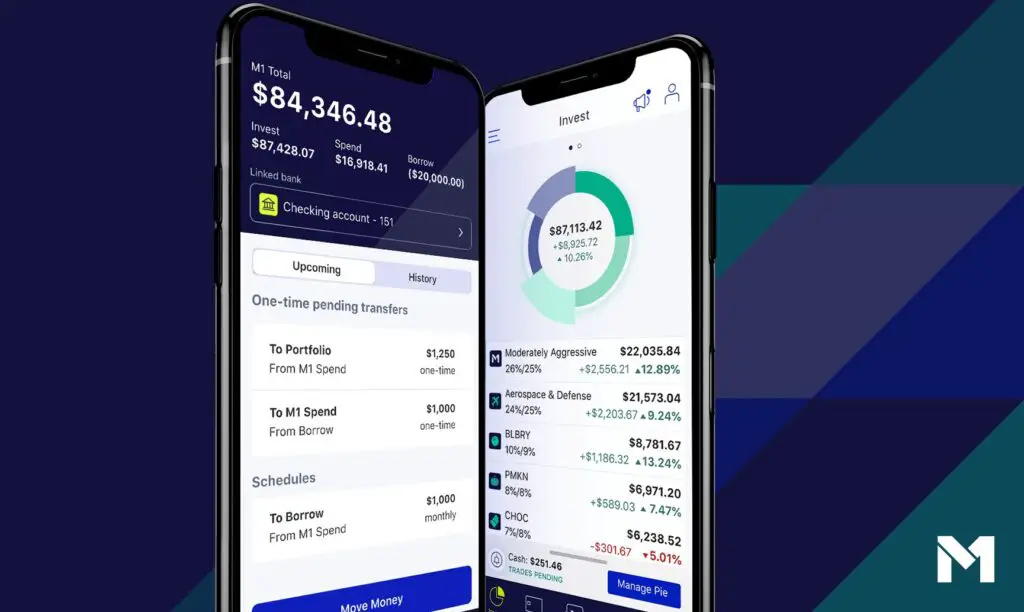Travel Light, Travel Right: 10 Compact Items That Pack a Punch!!

Traveling light can be a smart way to roam the world. It helps you move with ease and cuts down on stress by reducing what you carry. A good set of compact items can pack a punch in terms of value, ease, and care. Many travelers, both new and old, find that a small bag with the right gear can turn a long trip into a fun and smooth ride. Each item is chosen for its clear design, low cost, and high function, which makes them stand out. They are light and strong in value, and they bring a sense of ease and calm on every journey. In this list, you will see 10 compact items that help you travel right, save space, and stay safe on the road.
Portable Charger

A portable charger is a must for any traveler who relies on gadgets. It is a small device that packs a lot of power to keep your phone or tablet full of life. Many find it a safe bet on long trips when power outlets are scarce or hard to reach. Its light weight and ease of use make it a top pick for those who travel light and smart. The charger is known for its long battery life and simple design that fits well in any bag or pocket. This item is popular for its reliability and the peace of mind it brings when you need a quick boost of power.
Multi-tool

A multi-tool is a handy item that fits right in your pocket and offers many functions. It can cut, twist, screw, and even open a bottle when you need it most. Many travelers appreciate its smart design and low cost, as it saves space while giving you many tools in one. Its small size packs a strong punch, making it a must-have for those who like to be prepared. The multi-tool is popular for its ease of use and practical design, which makes it a trusted companion on many trips. It stands out as a simple yet vital tool for both first-time and seasoned travelers.
Packing Cubes

Packing cubes are neat items that help you sort your clothes and gear with ease. They keep your bag in order and make it simple to find what you need without unpacking everything. Many travelers favor these cubes for the clear way they save space and reduce clutter. Their simple design and bright colors help to boost your mood and ease travel stress. Packing cubes are popular for their ease of use and strong design that fits neatly into any luggage. They are a clear win for those who seek to travel light and smart, making packing a more organized and fun task.
Foldable Water Bottle

A foldable water bottle is a smart way to stay hydrated while on the move. It takes up little room when not in use and can be filled up easily when you need a drink. Many travelers praise its light design and eco-friendly use, as it helps cut down on plastic waste. Its ability to fold down to a very small size makes it a strong tool for those who pack light and value space. This bottle is popular for its durability and ease of cleaning, making it a practical choice for any trip. It is a top pick for those who want a safe and smart way to keep hydrated on the road.
Noise-Cancelling Headphones

Noise-cancelling headphones help block out the din of busy travel and let you enjoy a calm sound. They allow you to listen to your favorite tunes or soft audio without the harsh noise of engines and crowds. Many travelers love these headphones for their ease of use and clear sound quality that makes journeys more peaceful. Their small design fits well in a compact bag, yet they deliver a rich, clear audio experience. They are popular for their ability to create a personal space in crowded areas, making them a favorite pick for those who seek calm on noisy trips. These headphones are a smart choice for any traveler who values quiet and focus.
Travel Adapter

A travel adapter is key for keeping your electronic gear charged in many different lands. It is a small item that fits well in any bag and works with a variety of plug types, making it very handy. Many travelers consider it a must-have for smooth journeys across borders and regions. Its smart design and ease of use have made it a popular tool among globe-trotters who need to stay connected. The adapter is known for its robust build and simple style that makes it easy to use in any setting. This item is a safe and strong pick for any trip that spans multiple countries.
E-reader

An e-reader is a small, light device that can hold a vast library of books in one place. It cuts the need for heavy paperbacks and lets you enjoy many reads on a single device. Many readers choose it for its clear screen, long battery life, and ease of carrying multiple books at once. Its compact design lets you hold a full library in your hand, making it ideal for long trips. The e-reader is popular for its ability to store many titles and for the simple pleasure it brings to book lovers. It stands as a top pick for those who want to travel light while still enjoying their favorite stories.
Compact First Aid Kit

A compact first aid kit is a smart way to be ready for small mishaps while on the go. It holds a few bandages, antiseptic wipes, and basic tools to tend to minor cuts and bruises. Many travelers view it as a must-have for safe trips, as it keeps you prepared for unexpected bumps. Its small size packs a punch by offering essential care without taking up much space in your bag. The kit is popular for its ease of use and the comfort it provides in case of minor injuries. This item is a clear choice for those who value safety and readiness on every journey.
Travel Pillow

A travel pillow helps you rest in tight seats and on long rides by providing neck and head support. It is small yet offers comfort that can make a big difference during long hours of travel. Many travelers swear by its ease and comfort, as it helps them sleep better on planes, trains, or buses. Its light design means it fits snugly in a small bag without taking up too much space. The travel pillow is popular for its simple design and its ability to make rest more pleasant while on the move. It is a smart pick for anyone who values a bit of extra comfort during travel.
Portable Wi-Fi Hotspot

A portable Wi-Fi hotspot keeps you online when you are far from home and on the move. It is a small gadget that lets you connect to the web in many lands, ensuring you stay in touch wherever you go. Many travelers choose it for its ease of use and safe way to keep connected, no matter what country they are in. Its compact size and clear design make it a strong tool for anyone who needs a reliable internet link while traveling light. The hotspot is popular for its ability to provide fast, secure access to the web and for its ease of setup. This item is a top choice for those who need to work, browse, or stay connected during their travels.
Conclusion

In conclusion, these 10 compact items prove that you can pack light and still be well-prepared for any journey. Each piece has a clear role that makes travel more smooth, safe, and fun. They are loved by many for their simple design, ease of use, and strong value on the road. These items show that a small bag can hold a great deal of care and support, making each trip more enjoyable. Travel light and travel right with gear that packs a punch, and enjoy the freedom of a well-prepared journey.











































































































